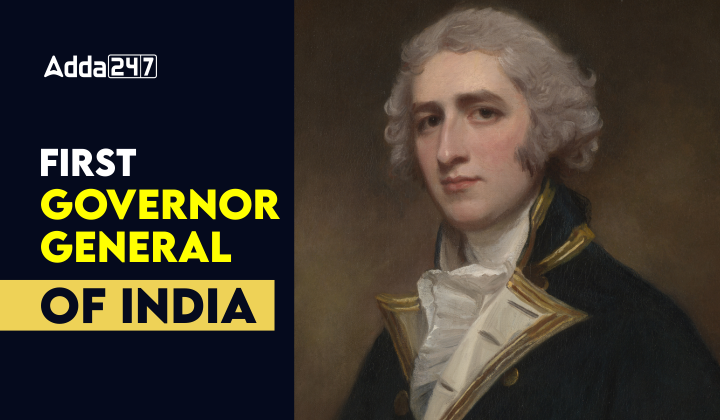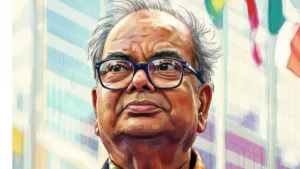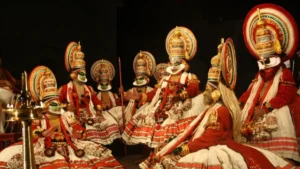The pages of Indian history are defined by significant events and one such pivotal moment in the colonial era was the appointment of the first Governor-General of India. Lord William Bentinck assumed this crucial position, imprinting a profound and enduring mark on the historical course of the country. This article will explore the life, achievements and enduring influence of Lord William Bentinck, who played a crucial role as the first Governor-General of India.
Early Life and Background
Lord William Bentinck, born on 14 September 1774, hailed from an aristocratic British family. He was the second son of William Bentinck, 3rd Duke of Portland. His aristocratic lineage provided him with opportunities for education and exposure to high society, enabling him to pursue a career in the British military and later in civil administration.
First Governor-General of India: Lord William Bentinck
In 1803, Bentinck was first appointed as the Governor-General of Madras. Later, from 1828-1835, Lord William Bentinck’s tenure as Governor-General of India, was marked by a series of progressive reforms and policy changes that had a lasting impact on the history of India. With assuming the role of first Governor-General of India, Bentinck inherited an administrative grappling with social, political and economic reforms.
Social Reforms: Abolition of Sati
Promptly after assuming office, Bentinck decisively put an end to the cruel Sati practice within a year. Despite cautionary advice, Bentinck pushed forward. On 4th December 1829, he issued Regulation XVII, rendering sati illegal and punishable in criminal courts.
He also collaborated with Raja Ram Mohan Roy to challenge superstitious practices, advocate for women’s rights and suppress practices like child marriage and polygamy.
Educational Reforms: Promotion of Western Education
Bentinck’s significant reforms included the introduction of English as the medium of instruction through the English Education Act 1835, replacing Persian in higher courts. He established Calcutta Medical College after recognizing deficiencies in the existing Native Medical Institution. The college marked the infusion of Western medical education in India, transcending caste and creed boundaries.
Administrative Reforms
Bentinck was successful in instilling sound financial management within the East India Company, saving it from the brink of financial collapse. He also made the government worked simpler and more organized under the Charter Act of 1833.
Legacy of First Governor-General of India: Lord William Bentinck
Lord William Bentinck’s legacy is one of progressive transformation. His blend of economic, administrative, social and cultural reforms reshaped the trajectory of British India. His visionary approach aimed at empowering Indians through education and his drive to eradicate oppressive customs earned him a place of honor in Indian history.
Find More General Studies News Here




 Legendary Bengali Author Shankar Passes ...
Legendary Bengali Author Shankar Passes ...
 List of Dadasaheb Phalke Award Winners f...
List of Dadasaheb Phalke Award Winners f...
 Which Dance Form is known as the Ballad ...
Which Dance Form is known as the Ballad ...








